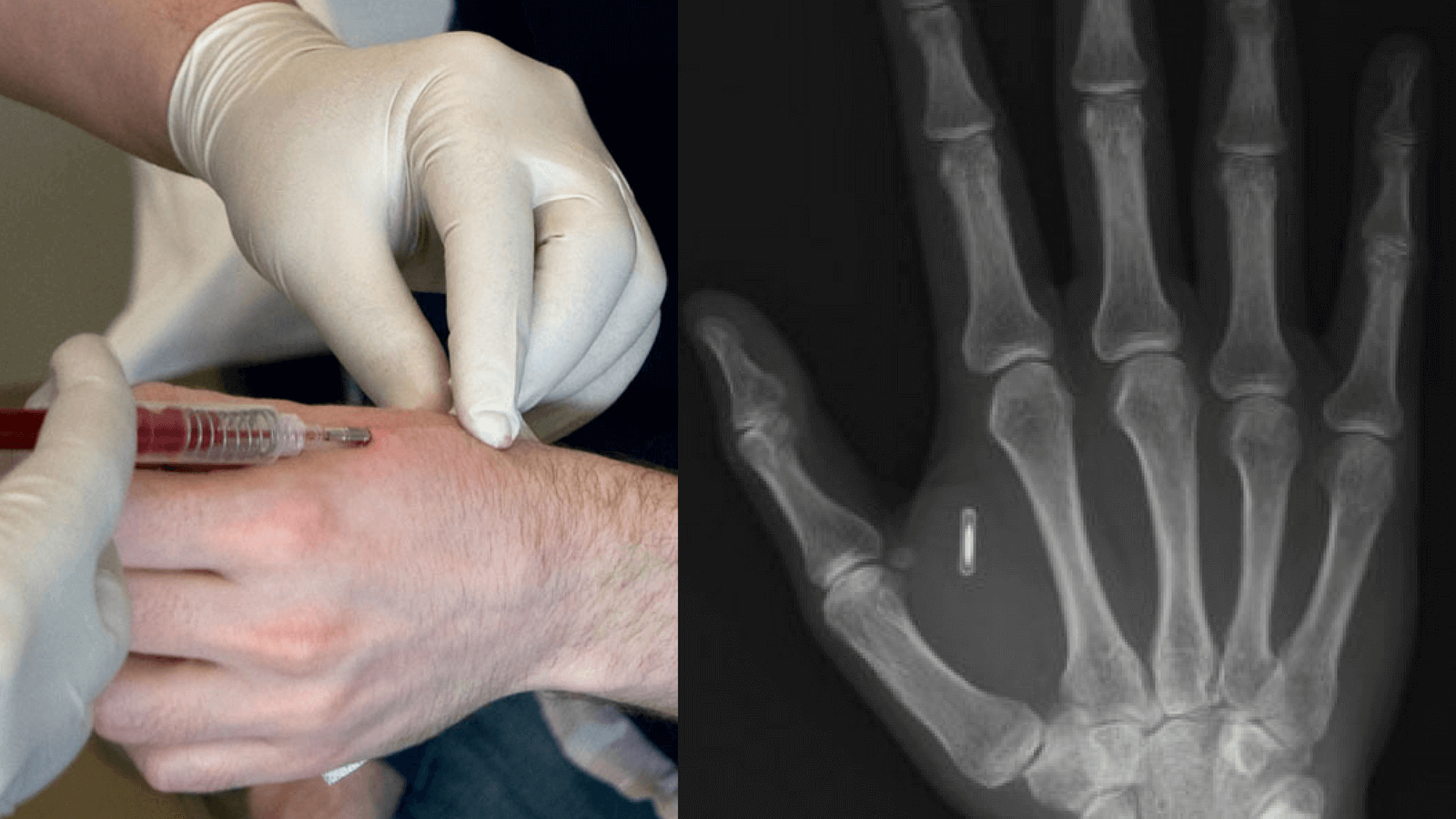Imagine a world where your personal information is stored not on your phone or computer, but within your own body. This may seem like something out of a sci-fi movie, but with the rise of human identity chips, it could soon become a reality. While this technology has the potential to revolutionize the way we interact with our personal data, it also comes with significant implications that must be carefully considered.

The concept of human identity chips, also known as microchipping, has been a topic of discussion in the tech world for years. This technology involves implanting a small chip under a person’s skin, which can be used to store and transmit information about their identity, medical history, and other personal details. While there are potential benefits to this technology, such as increased security and convenience, there are also significant implications that need to be considered.
Privacy concerns
One of the most significant implications of human identity chips is the potential for privacy concerns. With a chip implanted in a person’s body, it becomes much easier for that person to be tracked and monitored without their knowledge or consent. Additionally, if the data stored on the chip falls into the wrong hands, it could be used for malicious purposes.
Health risks
There are also potential health risks associated with human identity chips. While the chips themselves are small and generally safe, there is always a risk of infection or other complications during the implantation process. Additionally, the long-term effects of having a chip implanted in one’s body are not yet fully understood.
Discrimination
Another concern with human identity chips is the potential for discrimination. If certain information is stored on the chip, such as medical history or criminal records, it could be used to discriminate against individuals in various situations, such as employment or housing.
Security risks
While human identity chips have the potential to increase security and prevent identity theft, there are also significant security risks associated with this technology. If the chip’s data is not properly secured, it could be vulnerable to hacking and other cyberattacks, putting individuals’ personal information at risk.
Ethical considerations
Finally, there are ethical considerations that need to be taken into account with the use of human identity chips. The implantation of a chip into a person’s body raises questions about bodily autonomy and the potential for abuse of power by those who have access to the information stored on the chip.

In conclusion, while the concept of human identity chips has potential benefits, it also raises significant concerns about privacy, health, discrimination, security, and ethics. As with any emerging technology, it is crucial that these implications are thoroughly explored and debated before widespread adoption. Ultimately, the decision to use human identity chips should be carefully considered, with a focus on protecting individuals’ rights and ensuring that the benefits outweigh the risks.
Talks of Banning TikTok In the USA!
Have you heard Genetic Engineering?
Technology changing fertility and reproduction!





[…] Human Identity Chips, Complications and Implications! […]
soon we’re gonna have “find your person” on location tab 🙁
“Navigate to my person”